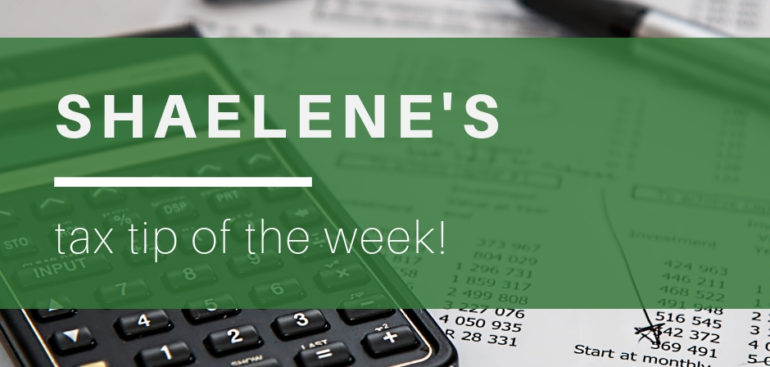Do you plan on selling your principal residence?
As long as it has been your principal residence for every year that you have owned the property, you will not have to pay any tax on any gain from the sale. If it was not your principal residence at any time you have owned the property, or only part of the property is considered your principal residence, you will have to pay part of the tax on the capital gain corresponding to the years it wasn’t or the square feet that wasn’t included as part of the principal residence.
Have questions?
Give us a call at 905-571-2665 (BOOK)!
We’ve got you covered!


